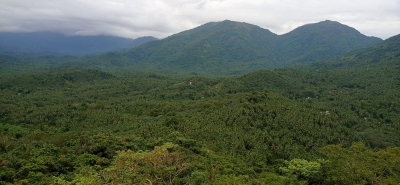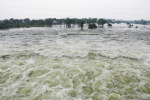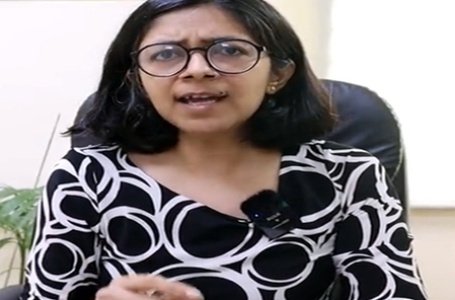
Kolkata: India’s forest health is steadily declining due to reduced photosynthetic efficiency, despite the country experiencing significant greening and contributing to global terrestrial carbon sequestration, a new study by IIT Kharagpur researchers has revealed.
The study, titled “Weakening of forest carbon stocks due to declining Ecosystem Photosynthetic Efficiency under the current and future climate change scenarios in India”, was led by Professor Jayanarayanan Kuttippurath and Rahul Kashyap of the Centre for Ocean, River, Atmosphere and Land Sciences at IIT Kharagpur.
The study revealed three major findings. The photosynthetic efficiency of Indian forests has declined by 5 per cent between 2010–2019 compared to the previous decade (2000–2009). The decline is most pronounced in pristine forests of the Eastern Himalaya, Western Ghats, and Indo-Gangetic Plain. At the same time, forests show low resilience to warming, drying, land and atmospheric aridity, and wildfires, with only 16 per cent exhibiting high integrity.
“Much of the decrease in forest health is contributed to by the global warming-driven reduced soil moisture and higher air temperatures. Wildfires and landslides are the other natural factors. However, deforestation, mining, and other development activities also contribute to the decline in forest health,” said Prof Kuttippurath, the lead researcher.
The degradation of India’s forests poses serious risks to biodiversity, timber production, the livelihoods of forest dwellers, and long-term climate resilience.
Indian forests are non-resilient to the extremes of warming, drying, land and atmospheric aridity, and wildfires.
According to the study, the degradation of forest resources is a concern for the economy, and it would impact its timber production, market, planting intensity and the lives of forest dwellers in India.
“It also threatens biodiversity and pushes them towards extinction. Degradation of forests in ecologically fragile regions can lead to more frequent climatic extremes in the future,” said Kashyap, lead author of the study.
The study emphasises the urgent need for preservation of indigenous forests, sustainable forest management practice, scientific afforestation programmes, substantial reduction in carbon emissions, and advanced carbon capture technologies
These measures are crucial to achieve sustainability and India’s target of net zero emissions by 2070.
IANS



















